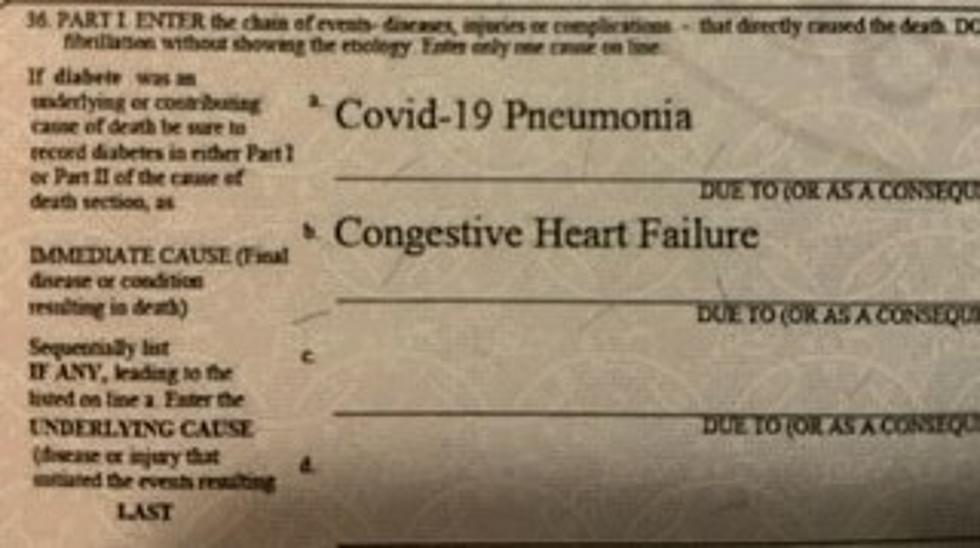
Ten Rules for Responding to Pandemic Emergencies
A new report published by the Mackinac Center for Public Policy will help policymakers navigate the challenges of mitigating the harms of pandemics while protecting Michiganders’ constitutional rights. Drawing on lessons from Michigan’s experience with COVID-19 thus far, the report offers 10 rules for effective pandemic policies.
The COVID-19 pandemic produced one of the most challenging and controversial years for Michigan policymakers. Policies such as a stay-at-home order, businesses and school closures and a statewide mask mandate had never been used before. While the appropriateness of these particular policies will be debated for years, the state’s experience in implementing them provides lessons for how policymakers can more effectively limit the harms of a pandemic.
This new report provides 10 rules for policymakers that work to protect the constitutional rights of Michiganders and simultaneously help mitigate the threat posed by a pandemic, such as COVID-19. The 10 rules in the report are:
- Rule 1: The normal lawmaking process should determine pandemic policies to the extent possible
- Rule 2: The state should not favor one public health concern at the expense of others
- Rule 3: State government should not be the arbiter of what is essential
- Rule 4: Restricting individual rights should always be explicitly temporary
- Rule 5: The process of restricting constitutional rights must be transparent
- Rule 6: The state should provide notice of when it plans to restrict civil rights
- Rule 7: Pandemic policies should be easy to understand and follow a consistent logic
- Rule 8: Voluntary compliance should be the default approach and buy-in from law enforcement is necessary for any enforcement attempt
- Rule 9: Statewide rules should come from a consistent source
- Rule 10: Laws that hinder pandemic responses should be reconsidered for permanent repeal
It is important for policymakers to root their pandemic policies in rules such as these. In Michigan and elsewhere, elected officials opted to ignore the prepared pandemic plans created by public health experts and made policy decisions on the fly. This led to confusion and controversy and helped to politicize the state’s effort.

These same elected officials routinely declared that their policies were correct and working, even though this was impossible to tell based on the available data. While there is a time and place for the state to use emergency powers to immediately implement certain policies, a more methodical approach would serve Michiganders better.
“No matter what you think of the state’s handling of the COVID-19 pandemic, there are lessons to be learned about how these decisions were made,” said Michael Van Beek, director of research at the Mackinac Center and author of this report. “These 10 rules will help policymakers create policies that are consistent, transparent and treat Michiganders fairly. This will help protect the rights of Michiganders while also improving our ability to limit the harms of a pandemic.”
You can view the full report here.
LOOK: Answers to 30 common COVID-19 vaccine questions
While much is still unknown about the coronavirus and the future, what is known is that the currently available vaccines have gone through all three trial phases and are safe and effective. It will be necessary for as many Americans as possible to be vaccinated in order to finally return to some level of pre-pandemic normalcy, and hopefully these 30 answers provided here will help readers get vaccinated as soon they are able.
More From WBCKFM









